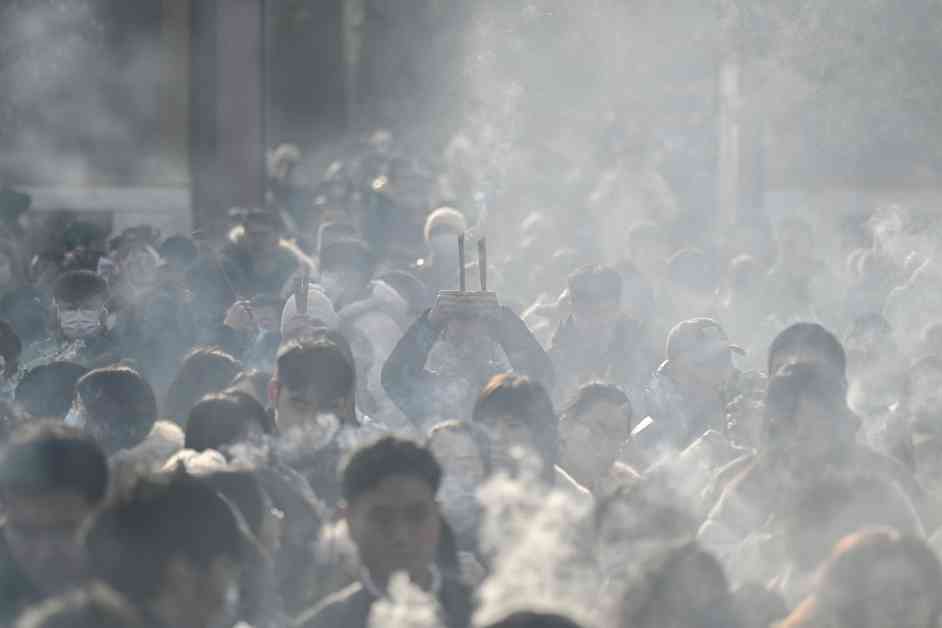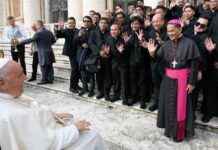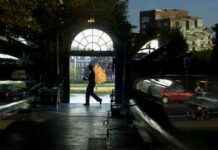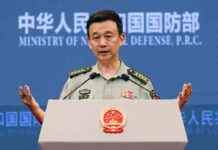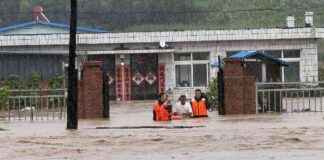China’s Lack of Authentic New Year Celebration
Li Chengpeng, also known as “Big-eyed Li,” is a renowned sports reporter turned social commentator in China. In his recent letter addressed to the year 2022, he reflects on the absurdities and power dynamics at play in the country. He criticizes the unchecked power of the Chinese Communist Party, highlighting the brainwashing of society and the oppression of the people. Li’s scathing commentary on the current state of affairs in China sheds light on the lack of authentic celebration during the New Year.
The Xi Jinping era has been described as an “age of stagnation” and an “empire of tedium,” resonating with Li Chengpeng’s sentiments about the state of the nation. In his letter to the year 2023, Li infuses black humor to address the trivial details and devilish occurrences that characterized the year. From floods in Zhuozhou to the deaths of notable figures like Jiang Yanyong and Gao Yaojie, Li paints a bleak picture of a society grappling with loss and disillusionment.
The year 2023 witnessed a series of tragic events, from natural disasters to the passing of influential individuals like Jiang Yanyong and Gao Yaojie. The floods in Zhuozhou brought to light the struggles of ordinary people caught in the midst of chaos, while the deaths of prominent figures went unnoticed by the state. Li’s narrative delves into the dark elegance with which the authorities handle such incidents, highlighting the lack of recognition for those who have made significant contributions to society.
The state of media and public discourse in China is also scrutinized by Li, with a focus on the Southern Weekly’s New Year Message and its shift towards superficial and propagandistic content. The disconnect between the reality of people’s lives and the idealized narratives perpetuated by the media reflects a broader sense of disillusionment among the population. Li’s critique of the state-controlled narrative underscores the pervasive sense of apathy and resignation felt by many in the country.
Economic struggles and social disparities further compound the challenges faced by the Chinese population, as exemplified by the plight of ride-hailing drivers and the impact of Evergrande’s collapse on individuals like Bai Shanshan. The contrast between the festive facade of New Year celebrations and the underlying economic uncertainties and societal issues reveals a stark reality that belies the surface appearances. Li’s observations shed light on the struggles of everyday people amidst a backdrop of political rhetoric and economic instability.
Looking ahead to the future, Li’s reflections on the cyclical nature of China’s societal challenges underscore the need for a deeper examination of the underlying issues plaguing the country. The repetition of the same themes and struggles year after year points to a fundamental stagnation in the country’s development and governance. As China grapples with ongoing challenges and uncertainties, Li’s commentary serves as a poignant reminder of the need for introspection and meaningful change in the years to come.
In conclusion, Li Chengpeng’s insightful analysis of China’s lack of authentic New Year celebration highlights the underlying issues and challenges facing the country. From political power dynamics to economic struggles and societal disillusionment, Li’s commentary offers a critical perspective on the state of affairs in China. As the nation navigates through a complex web of challenges, Li’s reflections serve as a call to action for meaningful reform and introspection in the years ahead.
